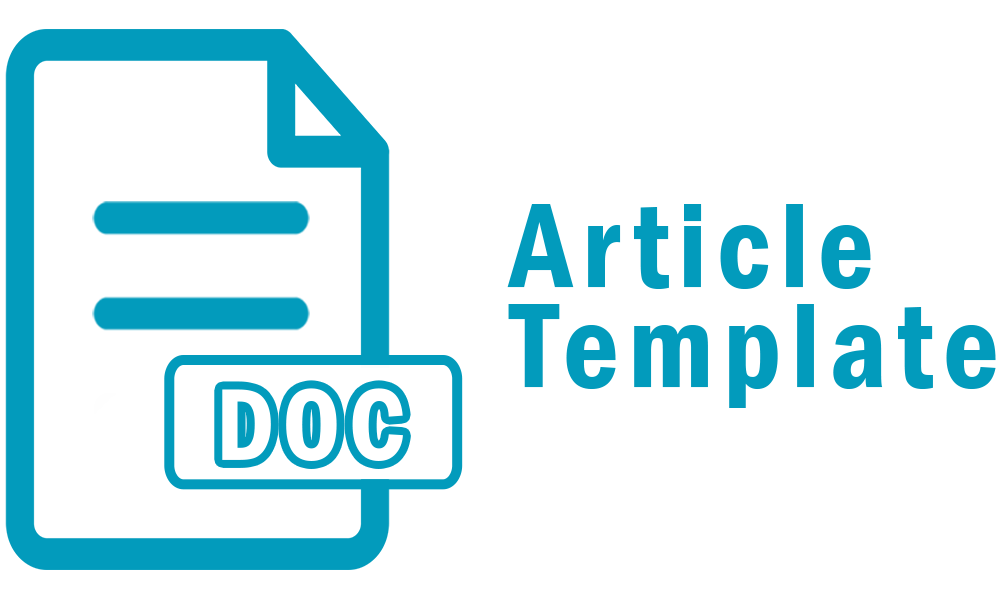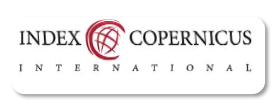Unveiling the Power of Good Corporate Governance: The Key to Effective Zakat Administration
DOI:
https://doi.org/10.22515/finalmazawa.v6i1.10104Abstract
This study aims to comprehensively analyze the implementation of Good Corporate Governance (GCG) in zakat administration to enhance transparency, accountability, and efficiency. As a country with a majority Muslim population, Indonesia has vast zakat potential, requiring professional management by zakat institutions. This research employs a qualitative methodology with a grounded theory approach to understand the complexities of zakat governance from a contextual perspective. The findings indicate that implementing GCG principles such as transparency, accountability, trustworthiness, responsibility, and fairnessis crucial for optimizing zakat management. Proper governance ensures that zakat institutions fulfill their obligations to both zakat payers (muzakki) and beneficiaries (mustahik). However, challenges such as weak supervision systems and potential misuse of zakat funds necessitate a structured governance framework. Thus, effective zakat administration should not rely solely on goodwill but must be supported by strong governance mechanisms to maximize social and economic impact.
Downloads
References
Abd. Hadi. (2021). Penelitian kualitatif studi fenomenologi, case study, grounded theory, etnografi, biografi. CV. Pena Persad
AAOIFI. (2017). Shariah Standards for Islamic Financial Institutions. Manama: AAOIFI.
Akbar, S. (n.d.). Analisa Faktor-Faktor Yang Mempengaruhi Kinerja Karyawan. 3(2).
Akhmad Faozan. (2013). Implementation of good corporate governance and the role of sharia supervisory boards in Islamic banks. La_Riba, 7(1), 1–14.
Atabik, A. (2015). Peranan Zakat Dalam Pengentasan Kemiskinan. 2(2).
Cizakca, M. (2011). Islamic Capitalism and Finance: Origins, Evolution, and the Future. Edward Elgar Publishing.
Deni Lubis, Dedi Budiman Hakim, & Yunita Hermawati Putri. (2018). Measuring the performance of zakat management at the national zakat amil agency (baznas). JEBI (Journal of Islamic Economics and Business), 3(1), 1–16.
Dina Yustisi Yurista. (2017). The Principle of Justice in Tax Obligations and Zakat According to Yusuf Qardhawi. Ulul Albab: Journal of Islamic Legal Studies and Research, 1(1), 39–57.
Dusuki, A. W. (2008). Banking for the Poor: The Role of Islamic Banking in Microfinance Initiatives. Humanomics, 24(1), 49–66.
Fadilah, S., & Lesatari, R. (2017). ORGANISASI PENGELOLA ZAKAT (OPZ): DESKRIPSI PENGELOLAAN ZAKAT DARI ASPEK LEMBAGA ZAKAT.
Fitrah, I. (2017). Prinsip-Prinsip Good Governance Pada Pengelolaan Zakat Dalam Perspektif Qardhawi: Studi pada Baitul Mal Kabupaten Aceh Tengah. JURISDICTIE, 8(1), 21. https://doi.org/10.18860/j.v7i3.4318
Ilyas, R. (n.d.). Etika Konsumsi Dan Kesejahteraan Dalam Perspektif Ekonomi Islam.
Iqbal, Z., & Mirakhor, A. (2011). An Introduction to Islamic Finance: Theory and Practice. Wiley.
Ismail, A. G. (2013). Takaful: Concept, Regulation, and Challenges. ISRA International Journal of Islamic Finance, 5(1), 137–144. Indonesia Stock Exchange. (2011). Corporate Governance Guidelines.
Kahf, M. (1998). Financing Development with Islamic Endowments (Waqf). Islamic Research and Training Institute.
Karim, N., Tarazi, M., & Reille, X. (2008). Islamic Microfinance: An Emerging Market Niche. CGAP Focus Note.
Nico Aldino. (2021). The Role of Productive Zakat Utilization on Community Welfare in the Implementation of Sustainable Development Program (SDGs) Goals (Case Study: Baznas North Sumatra Province). Universitas Islam Negeri Sumatera Utara.
Obaidullah, M. (2015). Islamic Financial Services. Islamic Economic Research Center.
Rahman, M. M. (2010). Islamic Microfinance as a Poverty Alleviation Tool. Journal of Islamic Economics, Banking, and Finance, 6(3), 45–65.
Downloads
Submitted
Accepted
Published
How to Cite
Issue
Section
License
Copyright (c) 2025 Almira Keumala Ulfah, Ramadhan Razali, Sherif Mohamed A. Ismail

This work is licensed under a Creative Commons Attribution-ShareAlike 4.0 International License.



















